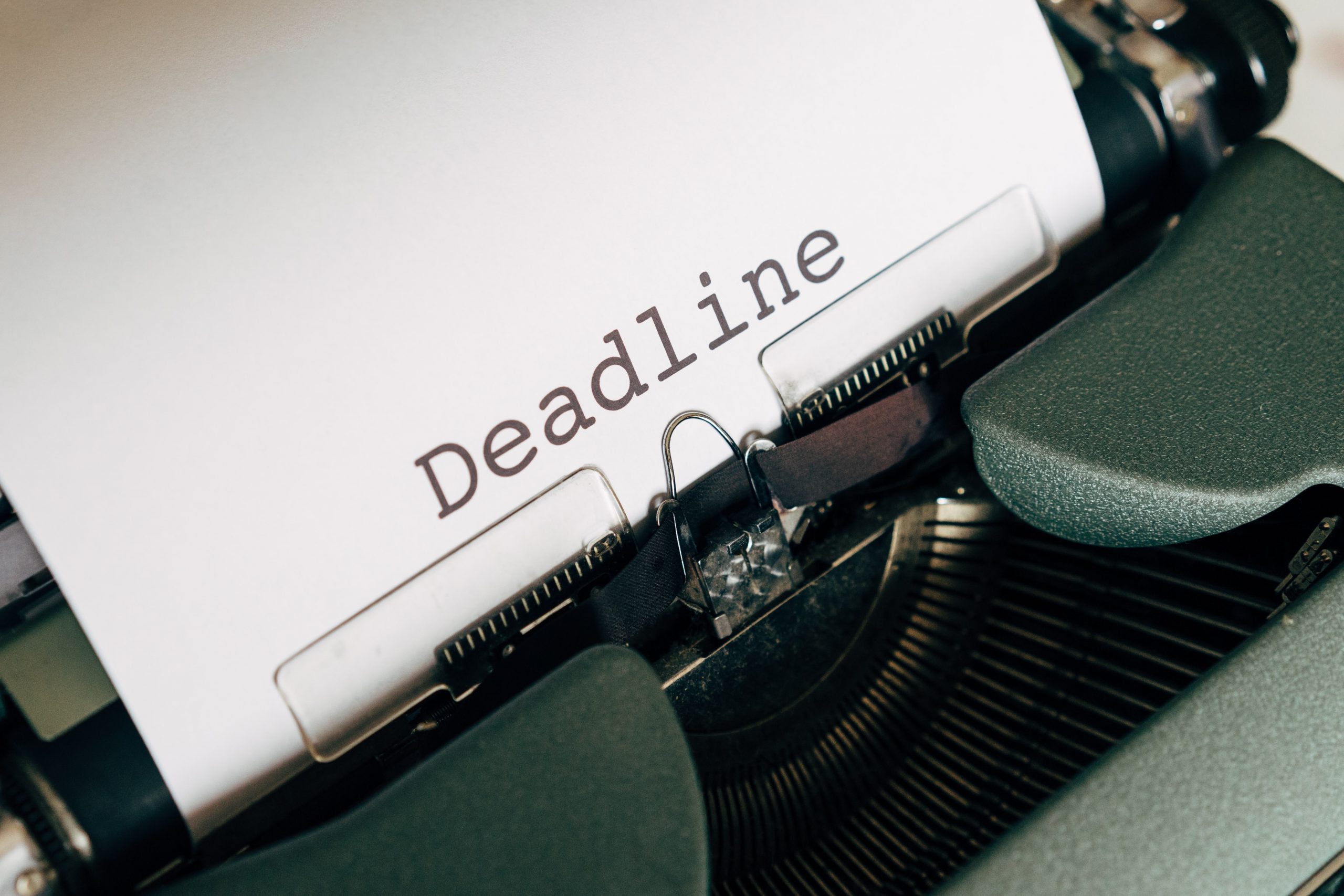
Are deadlines creeping up on you? Spondoo is here to ensure you keep on top of things and take control again.
These are the important dates you should take note of:
Odd you might think, but records show since 1752, 5th April has remained the final day of the tax year. For most accounting schemes, you will need to prepare your bookkeeping records to this date, assuming you have not chosen to use a different accounting year-end.
If you have chosen not to prepare your accounts by 5 April, please discuss 'Basis Periods' with your Spondoo Accountant.
The very first day of the fiscal year! We have listed some of the main reasons this date is important to you:
If your self-assessment tax bill was over £1,000 when you submitted your tax return, this might apply to you. 31st July is the deadline for paying your second ‘payment on account’ instalment based on your tax liability from the previous tax year.
In case you are unsure whether or not this payment applies to you, the following condition would need to apply for this payment to be relevant:
‘Deducted at source' means that you have already paid tax via payroll from your employer or pension provider.
If you need to file your tax return by paper you must do this date. You must also notify HMRC and register for self-assessment by 5 October 2021 if you are newly self-employed.
Finally, here you can find your SA1 form.
Do you have employment or pension income and want HMRC to collect through your PAYE tax code? If you owe less than £3,000 and need it collected via your employer's payroll (aka via your tax code), this is the deadline for submitting a self-assessment tax return.
With three dates in one, this is the most important date in the year! Make sure you remember the 31 of January 2022 as you will need to file your self-assessment, settle any balancing payment for 2020/21 as well as make a prepayment for 2021/22.
The financial year has come to an end, let’s see what lies ahead for the next one. From this date, you can begin to file your self-assessment tax returns for the 2021/22 tax year.
That being said, you are likely going to need to wait for some 'Other Important Dates' before you can safely file with all the supporting evidence.
To file your tax return, you may need additional documents from your employer or pension provider to ensure you have all the information you need. Don’t worry, you don’t need to follow these additional dates, but they are useful to know:
If you're employed, this is the date your employer will close their year-end payroll to return to HMRC.
Where you have any company benefits, such as a company car, your employer will need to provide you with a Form P11D, whilst additionally settling any relevant class 1a national insurance. Employers are obligated to pay Class 1A National Insurance contributions on work benefits and non-cash remuneration, not processes via PAYE during the year.
Your P60 form shows the money you’ve been paid in the tax year, together with the tax and National Insurance Contributions (NICs) that have been taken out.
If you pay your tax through PAYE, it is important to keep the document, should you have to prove how much tax you’ve paid.
We prepared this mini guide because we care about your finances.
If you are still unsure about your dates? Contact the Spondoo team of chartered and certified accountants and bookkeepers for guidance. Feel free to also go through our detailed tax dates and deadlines, as well as our factsheet on Tax-rates, thresholds, and allowances.
